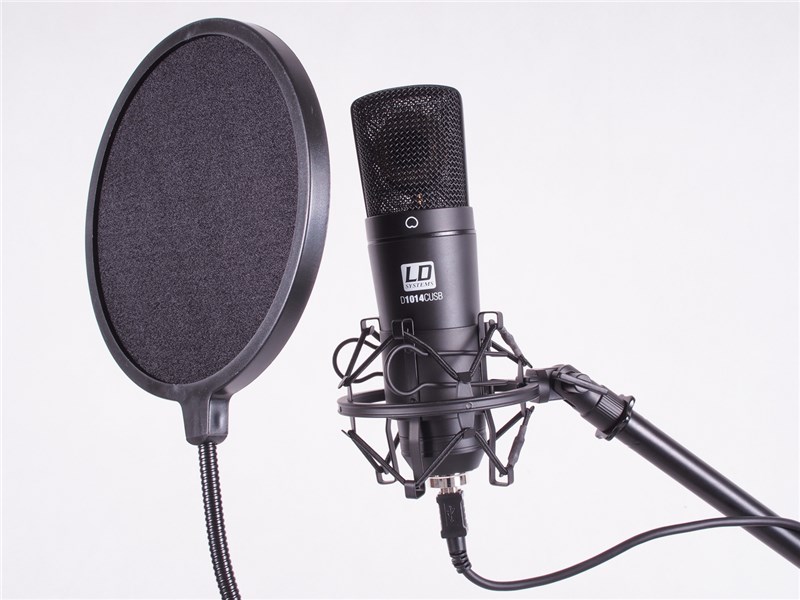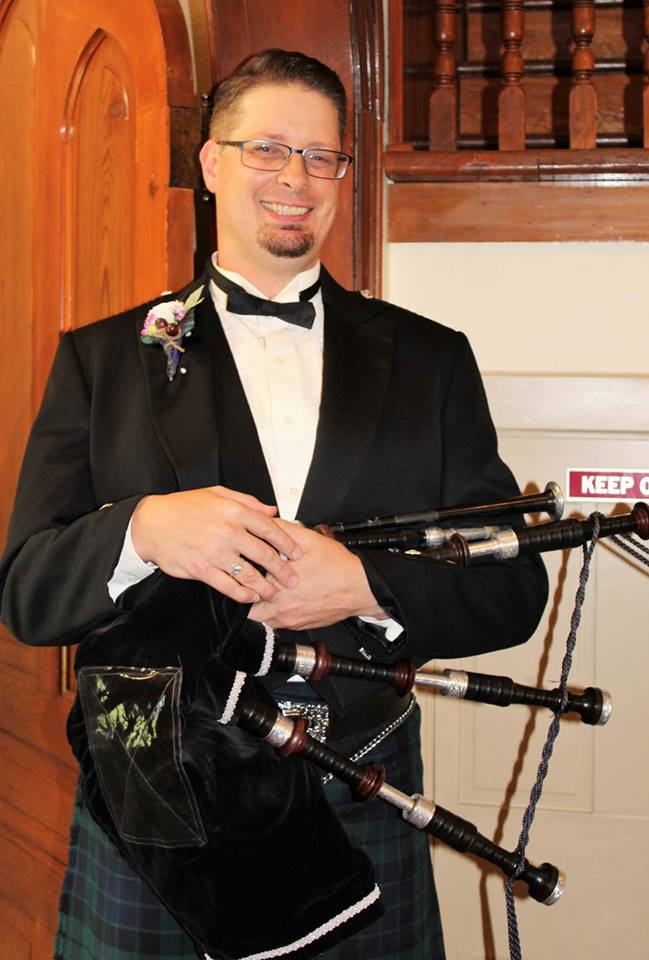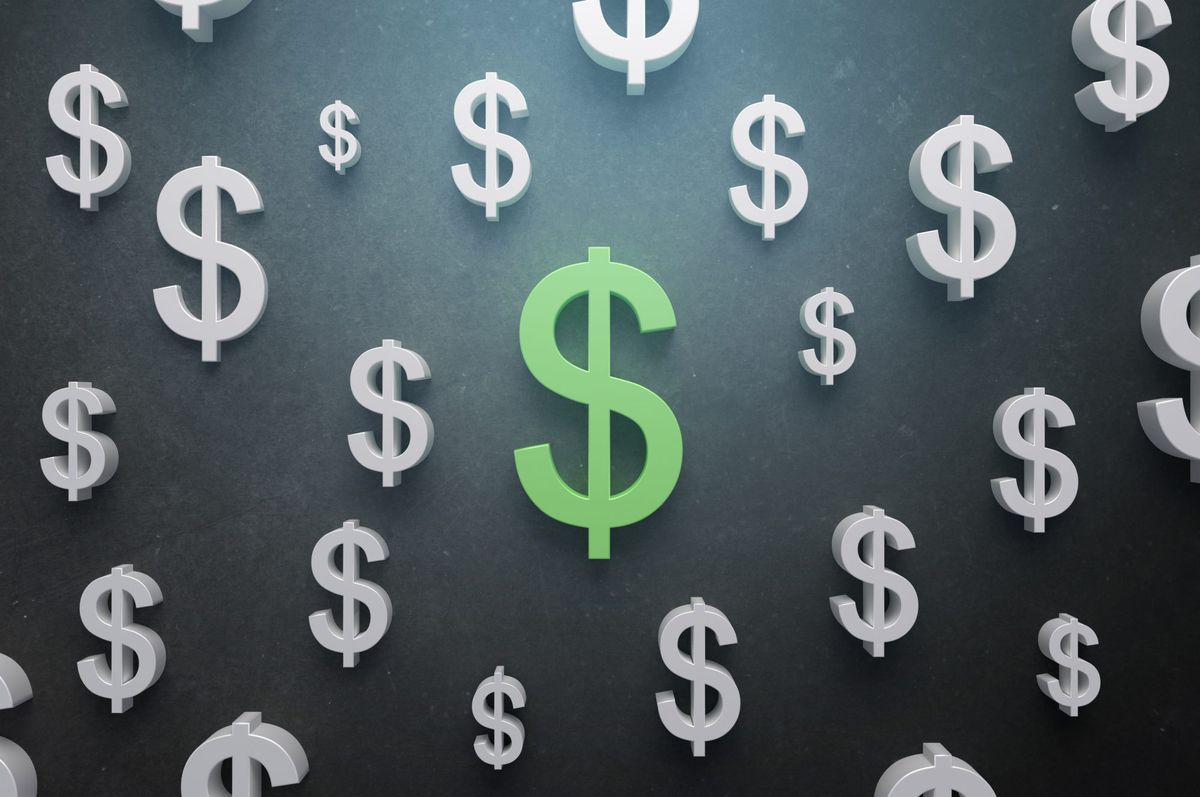 Last week on Twitter one of the authors I’m connected with posed a question about audiobooks — a question I run into from time to time. C.S. Ratliff wrote “#writingcommmunity How risky is it to record your own audiobook?” A few years back I did a considerable amount of research toward becoming an audiobook narrator — so I took some time to reply to his question.
Last week on Twitter one of the authors I’m connected with posed a question about audiobooks — a question I run into from time to time. C.S. Ratliff wrote “#writingcommmunity How risky is it to record your own audiobook?” A few years back I did a considerable amount of research toward becoming an audiobook narrator — so I took some time to reply to his question.
To to be specific, Mr. Ratliff asked about the ‘risk’ involved with an author recording themselves reading their own book. As said — he asked about the risk, not what’s involved to accomplish the recording — so I would like to come back to this topic at the end of the article.
So what’s involved …
 I first got the idea of narrating my recipe book, Make Your Own Darn Good Cookies — frankly — having a laugh with my editor! It all makes sense though… As a musician* I already have more than enough recording gear… Obviously, I’m literate… Last, but not least, I’m told that I have a good voice. Outside of that, you just need to find a decent sounding location — a room without noise or other things like echos.
I first got the idea of narrating my recipe book, Make Your Own Darn Good Cookies — frankly — having a laugh with my editor! It all makes sense though… As a musician* I already have more than enough recording gear… Obviously, I’m literate… Last, but not least, I’m told that I have a good voice. Outside of that, you just need to find a decent sounding location — a room without noise or other things like echos.
* As music and audio things go I am also @BagpiperDon, @NaeRegrets, and @AOResonance and I do all the recording for those projects.
Studio
 One option is to record in a studio. A studio like what musicians use to record albums are not only more than what you need, they are also really expensive! The last I checked — which was 1-2 decades ago — if you could find something around $100/hr that was on the inexpensive end. This is what motivated me to get my own gear and learn how to use it for recording my albums.
One option is to record in a studio. A studio like what musicians use to record albums are not only more than what you need, they are also really expensive! The last I checked — which was 1-2 decades ago — if you could find something around $100/hr that was on the inexpensive end. This is what motivated me to get my own gear and learn how to use it for recording my albums.
If you check around you might be able to find someone with a small home-studio. While this would be ideal it can have a lot of variables. First, assuming this is not a friend who’s happy to spend their time recording you for the sake of friendship and dinners, the expense is quite likely prohibitive for most of us. If this is not a friend’s home, then you’re going to be spending quite a bit of time in someone else’s abode — and that can get awkward. Depending on who you’re dealing with, it may be a perfectly workable studio but also could be a dump.
 Calculate this…
Calculate this…
A professional audiobook narrator takes around 4 hours to read what produces 1 finished hour of material. ‘Finished’ means audio that has been fixed up — re-recordings for misspoken words, interruptions (hungry tummy, bathroom breaks?), et cetera. The average romance or sci-fi novel will be 8 to 9 hours of finished recorded material — so let’s assume 9. 4 hours per hour X 9 finished hours = 36 hours of work ….. for a professional (I’ll come back to the difference between a professional and an author doing the reading). The last I checked, an audiobook narrator who is new to the business costs $42/finished hour of recording. So that 9 hours of finished recording (for this part of the work) will cost you $378. So your nearly-40 hours of work — providing you can do the work of a professional — saves you nearly $400. How does that compare to a week’s pay in your day-job?
So if you have the money or a friend and you use a studio of one sort or another, when your recording is complete it needs to get mastered. Mastering is a part of post production where the audio is retouched to sound its best and then transferred from the original source to the master — the data source which will be used to produce all copies of the final product.
Recording Gear, Software, and Recording Space

Instead of paying a professional you could buy recording gear. These days there is gear available on the market that is easy to use, relatively affordable, and will produce high quality recordings. I’ve seen some authors online say that ‘all it takes is buying a microphone’. You can find microphones that will plug directly into your computer … but … does your computer make any (fan) noise? If you’re reading your manuscript on your computer at the same time, does your keyboard make noise? Do you have fast and large enough data storage?
I have a Zoom H2n and H4n. Both of these have solid state memory, on-board microphones, and the option of using wall or battery power. Providing I had a good space to record in, I would be content to use the H2n. Since I have a number of good voice-mics I would attach one to my H4n — while this would probably produce a better recording, mostly I would go with this option simply because I have the gear. I spent about $500 to get these 2 recording units — I use them frequently and for various applications. Remember that $400 amount earlier? Is this a purchase that makes sense to you for something you might only use once, or with publication of each book?
Whether you record on a separate unit, like those above, or on your computer you are going to need studio software. While there are industry standards (like Cubase and Pro Tools), they tend to be expensive — and you have to learn at least the minimum to make them function to produce an audiobook. Another option is Audacity, which is free and fairly straightforward to figure out how to operate. When you’re done recording your audio you’re also going to need to use your studio software to fix your mistakes — connecting up your takes and re-takes when you stumbled on words or any other mistakes you will make (in the business these edits are known as punch-ins).
Still, when your recording is completed you are going to need to get it mastered — but that doesn’t address if you should or shouldn’t make your own recording….
To Record Or Not To Record — That Is The Question
 I wrote earlier that Mr. Ratliff asked about the risk involved with an author recording their own audiobook. I’m frankly not clear what he means with regard to risk, but I have a few ideas …
I wrote earlier that Mr. Ratliff asked about the risk involved with an author recording their own audiobook. I’m frankly not clear what he means with regard to risk, but I have a few ideas …
While it is not unheard of for an author to record their own audiobook, from what I’ve seen it isn’t common. One famous example of this was Carrie Fisher. She self-narrated six of her books — among those Wishful Drinking earned her a Grammy Award nomination in 2009, and The Princess Diarist winning a Grammy in 2018. To be fair, Carrie Fisher had her Star Wars fame behind her and The Princess Diarist was awarded 13 months after her death (<– think about that for a moment).
One of the things that was in Ms. Fisher’s favour is that she had a considerable amount of voice training since getting into acting. Most authors don’t have this. She also knew how to make characters, which if you’re reading fiction you need to do with your voice. Also, you don’t read for an audiobook at the same pace as you read.
There are other various benefits — and detriments — to the author being the voice behind their own book.
- It puts the ‘personal touch’ on the audiobook.
- Most authors reading their own work will take longer to complete the project than an experienced professional. We know how our books sound to us and we will read, re-read, and edit the audio until it sounds right.
- Another benefit to using a professional is that they will get the job done while you are working on your writing.
So Is Self-Recording Right For You?
 No one can answer that question but you. It’s not impossible but for most authors it’s more work than they care to bite off. This should help give you things to consider and know about.
No one can answer that question but you. It’s not impossible but for most authors it’s more work than they care to bite off. This should help give you things to consider and know about.
If you want to do more research go online! Even if you are not looking to become a professional audiobook narrator there is quite a bit of information that applies from the pros. I suggest you start with reading Karen Commins &/or Paul Strikwerda‘s websites.
I hope this helps — Good Luck!
Don
PS — This article “Do it Yourself: A 10-Step Guide to Self-Publishing an Audiobook” was written a little over 2 years ago. It’s a bit out of date however I think it still asks some important questions to consider.
One thought on “Record Your Own Audiobook?”
Comments are closed.